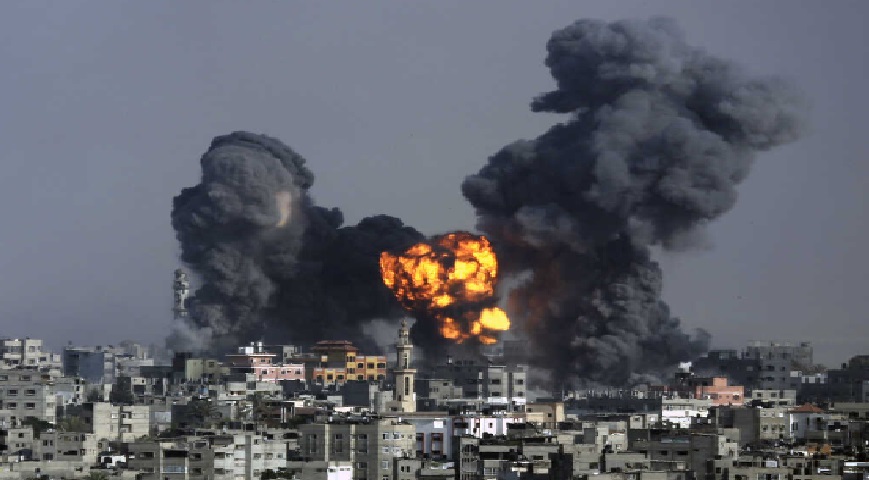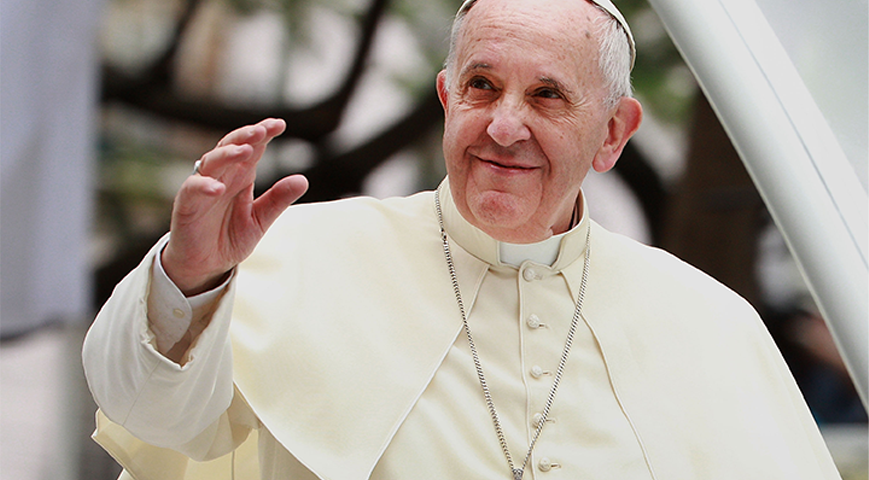The re-emergence of the Gaza conflict, an enduring and deeply rooted struggle, has once more plunged the already delicate Middle East region into turmoil. This conflict, marked by its complex historical, political, and socio-economic facets, has captured worldwide interest and prompted urgent contemplation about the prospects of achieving enduring peace in the area.
Historical Context
The origins of the Gaza conflict can be traced back to the late 19th century, when Jewish immigrants initiated their settlement in the region. The emergence of Zionism and the era of the British Mandate subsequently escalated tensions between Jewish and Palestinian communities. In 1947, the United Nations divided Palestine, resulting in the establishment of Israel. This determination, vehemently disputed by Palestinians, sparked a sequence of violent confrontations, laying the groundwork for decades of enduring conflict.
lsraeli occupation forces harass a Palestinian female and shortly detain a Palestinian young man from the vicinity of Damascus Gate, Jerusalem. pic.twitter.com/LQJkq7Ob8m
— TIMES OF GAZA (@Timesofgaza) September 27, 2023
Did you read this?
The Occupation and Blockade
Israeli occupation is one of the main themes in the Gaza war. Israel has ruled the Gaza Strip, the West Bank, and East Jerusalem since 1967, which has resulted in extensive evictions, violations of human rights, and a shattered Palestinian identity. Israel removed its residents from Gaza in 2005, although it nevertheless maintained control over the territory's borders, airspace, and coastal seas. This ultimately resulted in the creation of the Gaza blockade as we know it today.
The two million Palestinians living in Gaza as a result of the siege, which Israel is enforcing with Egyptian assistance, have suffered greatly. Difficult humanitarian conditions are the result of restricted access to necessities including food, water, healthcare, and education as well as limited economic prospects.
The Role of Hamas
In the late 1980s, the Palestinian political and armed group Hamas was born. The existence of Hamas has made the Gaza conflict more complex. Some nations, notably Israel and the US, have designated Hamas as a terrorist organization. Many Palestinians who feel oppressed and disenfranchised identify with the group's philosophy, which fuses social and political Islamism with resistance against Israeli occupation.
Gaza's Hamas government has faced both difficulties and successes. Although it has developed infrastructure and given critical services, it has come under fire for its authoritarian government and stance on the Israeli-Palestinian conflict.
Triggering Events
The recent escalation in Gaza stemmed from conflicts within Jerusalem's Old City, particularly in proximity to the revered Al-Aqsa Mosque, an essential site in Islam. Heightened tensions arose as Palestinians protested the potential eviction of Sheikh Jarrah residents, leading to violent clashes with Israeli security forces. This series of events served as the spark for the current crisis in Gaza.
Hamas rocket fire into Israel caused Israeli airstrikes on Gaza, worsening the situation. The resulting violence has tragically resulted in the deaths of numerous people, mostly Palestinians, underscoring the urgent need for a de-escalation and a return to diplomacy.
Activists have launched ships in Gaza sea, calling Israeli occupation to lift its blockade on the Strip. pic.twitter.com/n4Ez3AEixI
— PALESTINE ONLINE 🇵🇸 (@OnlinePalEng) September 23, 2023
International Response
The response of the international community to the Gaza crisis has been conflicted. There are divergent views on the underlying reasons and potential remedies, despite the fact that numerous nations have called for a rapid ceasefire and expressed concern about civilian losses. The protection of people and a stop to hostilities have been demanded by the United Nations and other humanitarian organizations.
Potential Pathways to Peace
The Gaza conflict must be resolved via a multifaceted strategy that addresses the underlying problems. The barrier must be lifted, limitations on the movement of persons and products must be loosened, and Gazans must receive humanitarian aid to lessen their suffering. In order to encourage fruitful conversations amongst all parties concerned, diplomatic efforts must also be increased.












